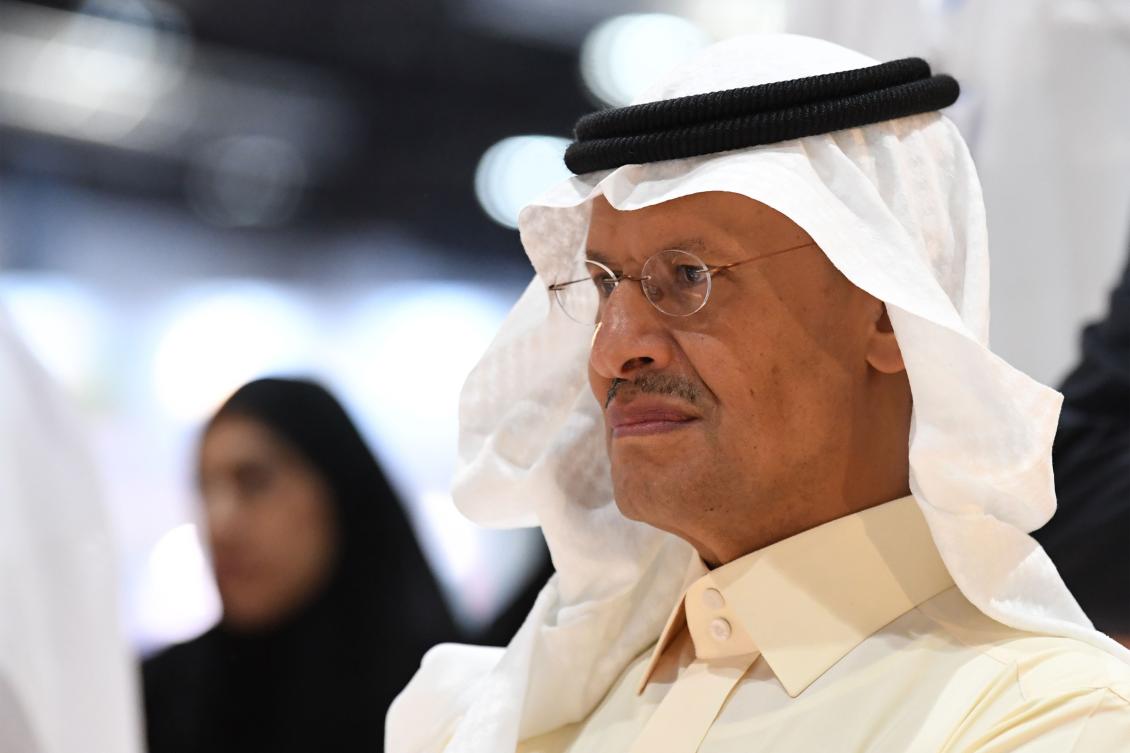The OPEC+ group of oil-producing nations is set to meet Thursday December 2nd to decide whether to stick with their plan to increase monthly oil output by 400,000 barrels a day in January, according to reports. Looming over the decision is the potential threat of a new variant of the Coronavirus, the Omicron variant. Widespread shutdowns and travel restrictions that could result from the Omicron variant would curb global oil demand, and that potential is what OPEC+ will consider when deciding on output cuts on Thursday.

All variants of COVID-19, including the Delta variant that is dominant worldwide, can cause severe disease or death, in particular for the most vulnerable people, and thus prevention is always key, the WHO says.
Led by Saudi Arabia, the Organization of the Petroleum Exporting Countries is scheduled to meet via videoconference from 1 p.m. London time.
According to several reports, there is little indication so far that OPEC+ intends to change course from its current output plan to raise production.
“Ironically, the Omicron variant of Covid-19 could prove to be a stabilizing force,” the Wall Street Journal noted today.
A recent dip in oil prices of around $10 following the WHO’s announcement of the Omnicron variant discovery creates “a thorny situation for forecasting demand but also some opportunities for Saudi Energy Minister Prince Abdulaziz bin Salman, who often portrays OPEC as a central bank for the oil market,” according to the WSJ. “On the one hand, if the expanded group decides to continue with its increase of 400,000 barrels a day, it could signal confidence about demand, staving off panic, while winning the favor of oil-consuming nations. Even after their recent tumble, oil prices aren’t at levels that would cause key OPEC+ nations budgetary distress. JPMorgan has estimated that the fiscal break-even price for the largest OPEC+ constituents is expected to average $72 a barrel in 2022.”
Stephen Brennock, a senior analyst at PVM Oil Associates in London, said that “all things considered, there is much to suggest that OPEC+ will not initially step up its oil production any further in an effort to maintain current prices at around $70/bbl…OPEC+ have erred on the side of caution since it began slowly boosting supplies and a decision to shelve a planned increase output in January and keep its quota flat comports with its cautious approach,” according to CNBC.









